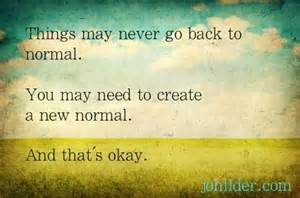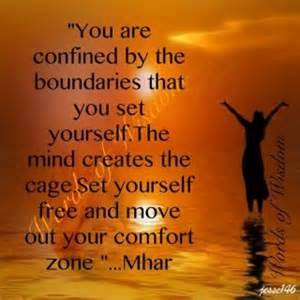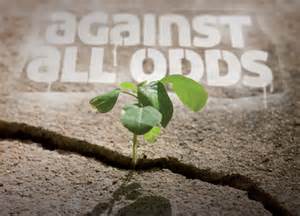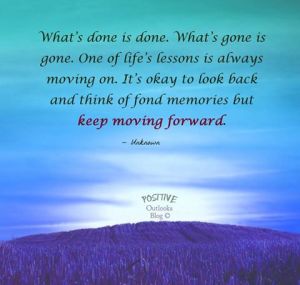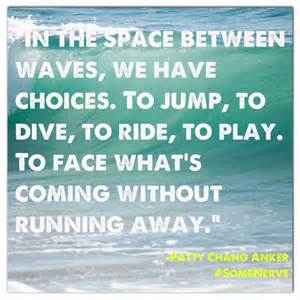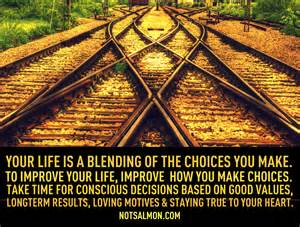In my post on Succeeding Against All Odds (posted December 19, 2016), I talked about characteristics of pro race car driver and Season 23 runner up of Dancing With the Stars, James Hinchcliffe, that helped him beat the odds. One characteristic was his willingness to step outside his comfort zone. In an Us Weekly exclusive he shared, “So much of this week and the story that I wanted to tell wasn’t about something bad that happened to me, it was what good came out of that. Eighteen months ago I don’t think I would have done this show, but what I went through really changed my perspective on a lot of things, and it opened me up to doing something a little bit outside my comfort zone. Or a lot outside my comfort zone!”

Just as I was wrapping up the writing of the Succeeding Against All Odds post, an article from the Tiny Buddha website (if you have not come across this inspiring site, I encourage you to check it out) came across my desk. Melissa Field began her article, Beautiful Things Can Happen When We Step Outside Our Comfort Zone, with a quote by writer and leadership speaker, Robin S. Sharma. He says, “As you move outside of your comfort zone, what was once the unknown and frightening becomes your new normal.”
I loved the phrase “your new normal.” Since we are close to ringing in a new year and a new year always brings change of some sort about, I thought it might be interesting to further explore “a new normal.”
The term new normal is a cliché that was introduced in March 2009 when American financial manager William H. Gross used it to describe the economic landscape following the financial crisis of 2007-2008 and the 2008-2012 global recession. New normal now describes the current state of being after some dramatic change has occurred. For example, my godson and his wife had twins in September. Getting less sleep each night has become the new normal for them. In July, our family lost a beloved uncle. Not having him around for upcoming holiday festivities is a new normal for the family.
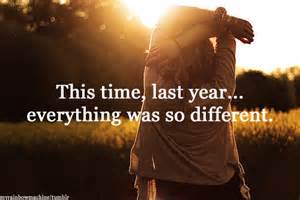
Changes in the above examples have moved many in my family out of their comfort zones, from routinized familiarity to random unknowns. One of the hardest things to deal with after change is not knowing what will happen next. And what is unveiled in those unknowns is most definitely the new normal for each of us. Lots of ‘what’ and ‘how’ and ‘can I’ questions are common as we attempt to navigate within our “new” environment, discovering what is now normal for us. For anyone facing a new normal, it is important to deal with and accept current situations rather than obsessing over or complaining about what could have been or should have been. Let’s take a look at some things we can do to adjust to a new normal.
GIVE IT TIME. Our minds tend to adjust over time. We gradually adjust to what has changed; what is new. So, it is important to be patient and give the changes time to become the new normal. Take it one day at a time.
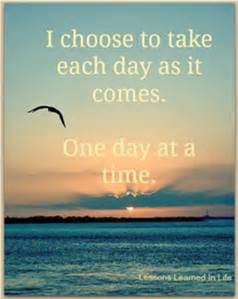
USE YOUR STRESS AS A CALL TO ACTION. Yes, having to deal with a new normal (especially once outside of our comfort zone) does generate the stress response and does raise our anxiety levels. And, if we stay in a state of stress or remain anxious, we may encounter a lot of negative physical, emotional, or psychological “side effects.” HOWEVER, a small amount of stress may move us to “action mode” which may help us deal with whatever changed and may help us create something positive in the new normal. Being in the new normal and outside our comfort zones may feel awkward, weird and well, uncomfortable, but that isn’t always bad. A lot of good can come from outside the comfort zone and in the new normal.
BE OPEN TO LEARNING AND GROWING. Brian Tracy has said, “You can only grow if you are willing to feel awkward and uncomfortable when you try something new.” The shift outside our comfort zone and into a new normal forces us to try new things. This gives us an opportunity to learn things about ourselves and to see ourselves in a different light.

UNLEASH YOUR INNER ARCHEOLOGIST. Anthony Robbins said, “If you always do what you’ve always done, you’ll get what you’ve always gotten.” You will never know what is possible or what you are capable of unless you leave the confines of what is comfortable and known. How can you move forward unless you are willing to open new doors and try new things? Indeed, you will never know what you are capable of doing; you may never reach your full potential unless you venture beyond the boundaries of your comfort zone and give the new normal a chance.
DOUBLE DARE YOURSELF. What we fear in the new normal is only there because the “survival portion” of our brain is trying to protect us. Create a list of those fears, of that scary stuff. Then ask, what is the worst thing that can happen? Create a resolution list for each fear and its worst possible outcome. You will find that the scariness of the situation really isn’t so foreboding. Dare, no double dare yourself to face and work on those fears.
DON’T GIVE UP! When things get tough or scary or overwhelming there may be the desire to just quit or give up. Avoid acting on that desire. Stay the course, use your inner resolve, and keep going; persist. Remember, “In the confrontation between the stream and the rock, the stream always wins. Not through strength, but through persistence.” (Unknown)

As we enter into a new year, at some point we will all experience a new normal. We will be moved outside of our comfort zones and as Robin S. Sharma said, “…what was once the unknown and frightening becomes your new normal.” Let’s remember to embrace the new normal, take time to adjust to it (the six tips in this post will help), and see where it takes us.
